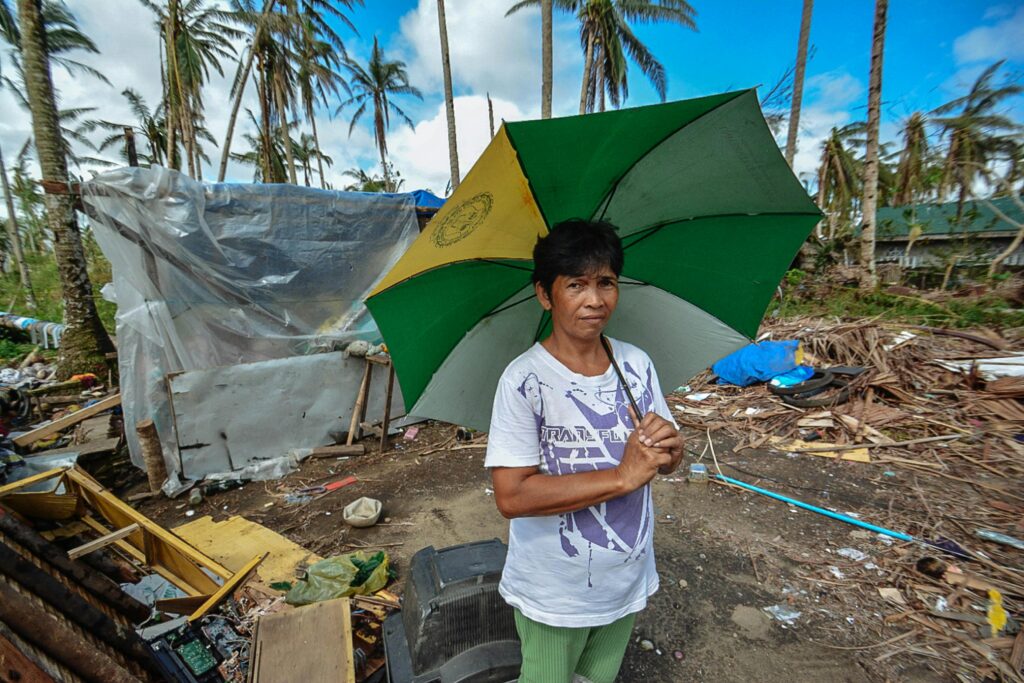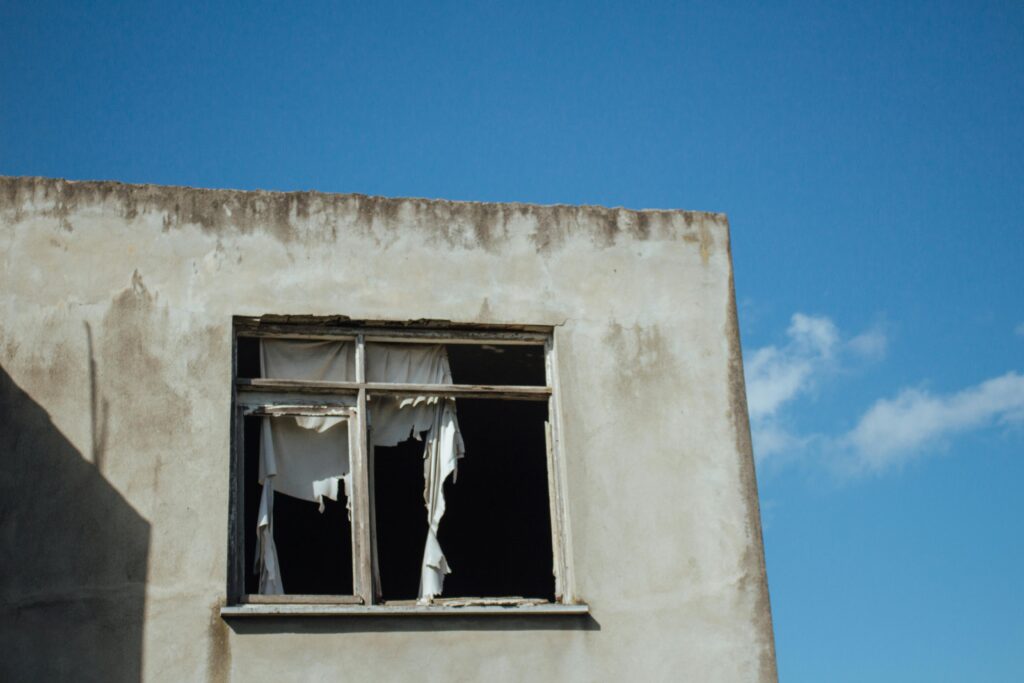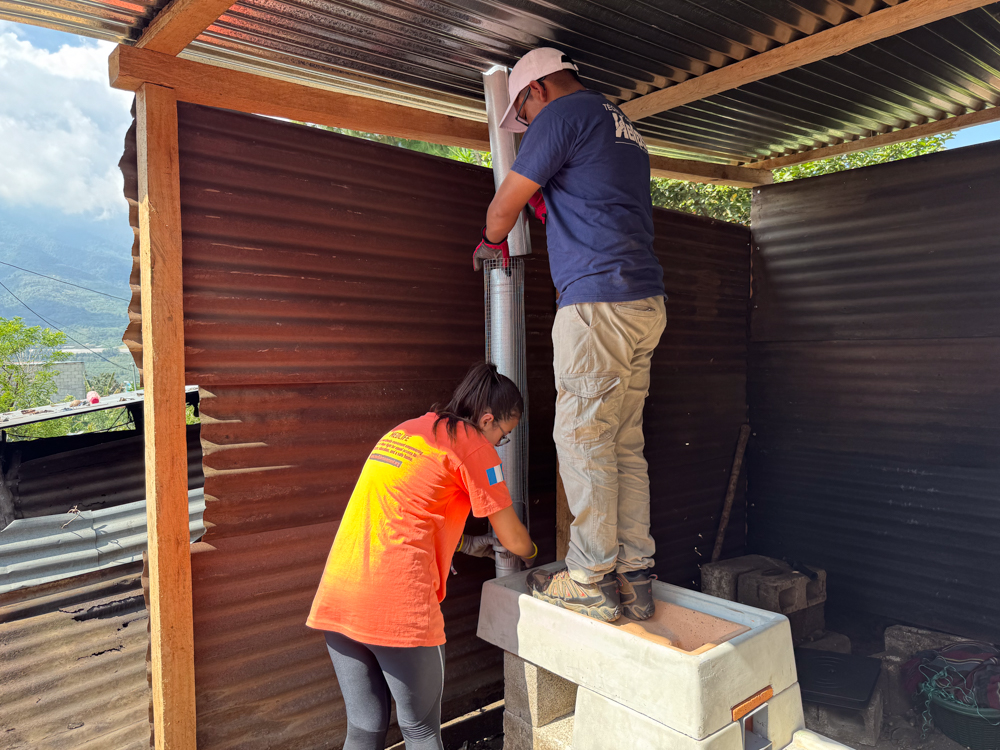
Why Safe Housing Projects Are Key To Community Development In The Global South
Safe housing is foundational for building thriving communities. When people have secure and stable homes, they are more likely to invest in their local communities, fostering a sense of belonging and engagement. Safe housing provides the necessary stability for families to pursue education, employment, and entrepreneurial opportunities, thereby contributing to the overall growth and development of the community.
Access to safe housing also mitigates risks associated with informal settlements, such as exposure to natural disasters, poor sanitation, and lack of access to basic services. By addressing these vulnerabilities, safe housing projects help create resilient communities that are better equipped to face socio-economic challenges.

Economic Benefits of Safe Housing Projects
Governments and non-profit organziations like Safe Homes Movement investing in safe housing projects can stimulate local economies by creating jobs in construction, maintenance, and related services. These projects often involve local labor and materials, which can lead to economic growth within the community.
Furthermore, secure housing enables individuals to focus on income-generating activities rather than worrying about their living conditions. This increased productivity can lead to higher household incomes and contribute to the overall economic health of the community.
Health and Social Impacts of Secure Living Conditions
Safe housing is closely linked to improved health outcomes. Adequate housing reduces exposure to environmental hazards such as mold, pests, and extreme temperatures, which can cause or exacerbate health issues. Secure homes also provide a stable environment for accessing healthcare services and maintaining a healthy lifestyle.
Socially, safe housing fosters a sense of community and stability. It can reduce stress and anxiety associated with insecure living conditions, leading to better mental health. Additionally, stable housing environments support educational attainment for children, contributing to long-term social and economic benefits for the community.

Challenges of Safe Housing Initiatives
The implementation of safe housing projects in the Global South presents several challenges, including funding limitations, land tenure issues, and bureaucratic hurdles. Securing adequate financing for large-scale housing projects often requires collaboration between governments, NGOs, and private investors. Additionally, land ownership and tenure security can be complex, particularly in informal settlements.
Overcoming these challenges requires innovative solutions and strong partnerships. Policymakers and stakeholders must work together to create frameworks that facilitate the development of safe housing, addressing legal, financial, and social barriers.

Successful Models and Case Studies From the Global South
Several successful models and case studies demonstrate the impact of safe housing projects in the Global South. For example, the ‘Incremental Housing‘ approach in Chile allows families to gradually improve their homes as their financial situation improves, providing a flexible and sustainable solution to housing shortages.
Another example is the ‘Community-Led Housing‘ initiatives in India, where local communities are actively involved in the planning and construction of their homes. These projects not only provide safe housing but also empower communities by involving them in decision-making processes, fostering a sense of ownership and long-term sustainability.
There are plenty of initiatives across the world aiming to improve housing access. But the reality is that it is an ongoing fight for many, especially those living in low-income, rural areas in the global south. That’s why we at Safe Homes have dedicated our mission to improving access to a safe, stable home for those in need across Latin America and Africa.
To learn how you can get involved with a Safe Homes project that will improve the quality of life for our partner communities fill out the interest form below or download our free brochure!



